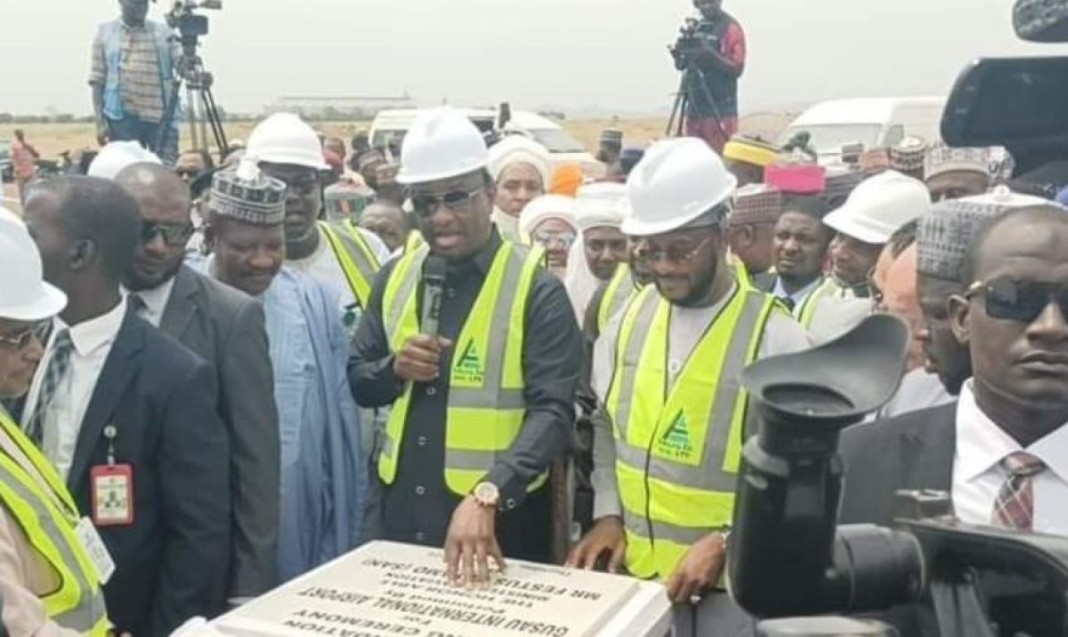Governor Dauda Lawal’s comments paint a clear picture of the airport as much more than a transportation hub. It’s being positioned as a gateway to economic recovery, investment, and security—a trifecta that the state urgently needs.
Here’s why it matters:
Seven hours from Abuja by road, plus the well-known security risks on that route, have severely isolated Zamfara. By making the state accessible via air, you reduce:
- Risk for potential investors
- Travel fatigue and time lost
- Psychological barriers to entry
As Lawal said: “No meaningful investor would drive from Abuja to Zamfara in current conditions.”
The governor is making the case that development can drive peace, not just the other way around. With easier access:
- The military and emergency services can mobilize quicker
- Investors and NGOs can operate more effectively
- Youths can be employed through construction, logistics, and support services
And he’s right. Airports don’t just bring people in—they connect regions to opportunity.
The mention of a “smart airport” capable of handling domestic and international flights suggests serious ambition—this isn’t just a landing strip. If executed well, this could:
- Boost cross-border trade, especially with Zamfara’s proximity to Niger Republic
- Reposition Gusau as a regional commercial and logistics center, reclaiming its old status
- Attract diaspora investment and tourism, especially if security improves
Lawal also made a point about road infrastructure—flooding and pothole-ridden streets in Gusau were notorious, so fixing that is about more than just comfort:
- It keeps the city moving, especially in emergencies
- Improves confidence in governance
- And importantly, creates jobs and supports small businesses that rely on mobility
This isn’t happening in isolation. Across Nigeria, states are realizing that air travel is no longer a luxury—it’s a necessity for economic survival. What Zamfara’s doing mirrors efforts in places like Gombe, Kebbi, and Bayelsa.
Governor Lawal is taking a bold step—one that, if delivered properly, could transform the state’s narrative from insecurity and isolation to investment and growth. Of course, execution will be everything, especially with transparency, safety, and local involvement.
Do you think infrastructure like airports can really shift the security narrative in places like Zamfara—or does peace need to come first before development can stick?

